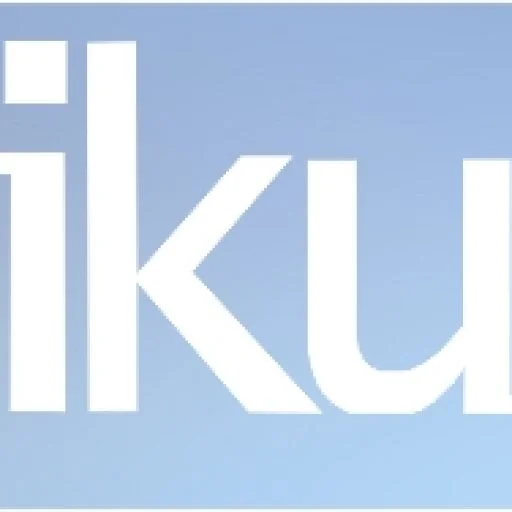 Yeni araştırmalara göre küresel kanser yükü 2030 yılına kadar % 75’ten fazla artacak.
Yeni araştırmalara göre küresel kanser yükü 2030 yılına kadar % 75’ten fazla artacak.
Global Cancer Rates to Skyrocket by 2030
Megan Brooks
May 31, 2012 — The global burden of cancer will surge more than 75% by the year 2030, new research shows.
Dr. Freddie Bray |
“On the basis of projected global population changes and the observed trends of several common cancers, we predict the global number of new cancer cases to rise to 22.2 million by 2030 — a 75% increase from the 12.7 million cases estimated for 2008,” first author Freddie Bray, PhD, from the International Agency for Research on Cancer (IARC) in Lyon, France, told Medscape Medical News.
Dr. Bray said this study demonstrates “not only how an increasing cancer burden will fall predominantly on countries that are in the process of social and economic transition, but also that the types of cancer that are most common are changing.”
“The broad range of countries for which the ‘Westernization’ effect is in operation is a startling observation,” he added.
The study is published online June 1 in the Lancet Oncology.
Unique Study
The researchers used estimates of the worldwide incidence and mortality of 27 cancers in 184 countries in 2008 contained in the IARC GLOBOCAN database. They projected how the cancer burden is likely to change by 2030 in light of predicted changes in population size, aging, and trends in incidence rates of the most common types of cancer in different countries.
“This is the first overview of cancer burden to describe the cancer incidence and mortality patterns and trends in relation to the Human Development Index [HDI], a summary indicator based on life expectancy, education, and income in a given country,” said Dr. Bray.
The researchers report that countries with a low HDI score (predominantly in sub-Saharan Africa) currently have a high incidence of cancers associated with infection, particularly cervical cancer and, depending on region or country, cancer of the stomach and liver and Kaposi’s sarcoma.
In contrast, countries with a high HDI score currently have a greater burden of cancers more commonly associated with smoking, reproductive factors, obesity, and diet.
In countries with a medium HDI score, cancers of the esophagus, stomach, and liver are common.
In countries with medium to very high HDI scores, these 7 malignancies comprise 62% of the total cancer burden, the researchers say.
Global Phenomenon
“Cancer is already the leading cause of death in many high-income countries and is set to become a major cause of morbidity and mortality in the next decades in every region of the world,” the researchers write.
They predict that changing demographics and trends in cancer incidence rates will fuel a large increase in the cancer burden in countries with a low or medium HDI score. They also predict that by 2030, countries with a medium HDI score will experience an increase of 78% in the number of cancer cases, and that countries with a low HDI score will see an increase of 93%.
The researchers explain that “rapid societal and economic transition” in many lower-HDI countries could lead to a decrease in infection-related cancers, but that might be offset by an increasing number of new cases associated with reproductive, dietary, and hormonal factors.
“The landscape of common cancers has markedly changed in countries that have already transited from medium to high levels of HDI, with a decreasing burden from stomach and cervix cancer counterbalanced by an increasing burden from cancers of the female breast and prostate and from colorectal cancer,” said Dr. Bray.
“This appears to be a global phenomenon that is likely to be repeated in many countries currently with low or medium levels of HDI as they make the socioeconomic transition,” he added.
In a comment accompanying the paper, IARC director Christopher P. Wild, PhD, noted that “countries must take account of the specific challenges they will face and prioritize targeted interventions to combat the projected increases in cancer burden via effective primary prevention strategies, early detection, and effective treatment programs.”
The authors and Dr. Wild have disclosed no relevant financial relationships.
Lancet Oncol. Published online June 1, 2012. Abstract
Medscape Medical News © 2012 WebMD, LLC
